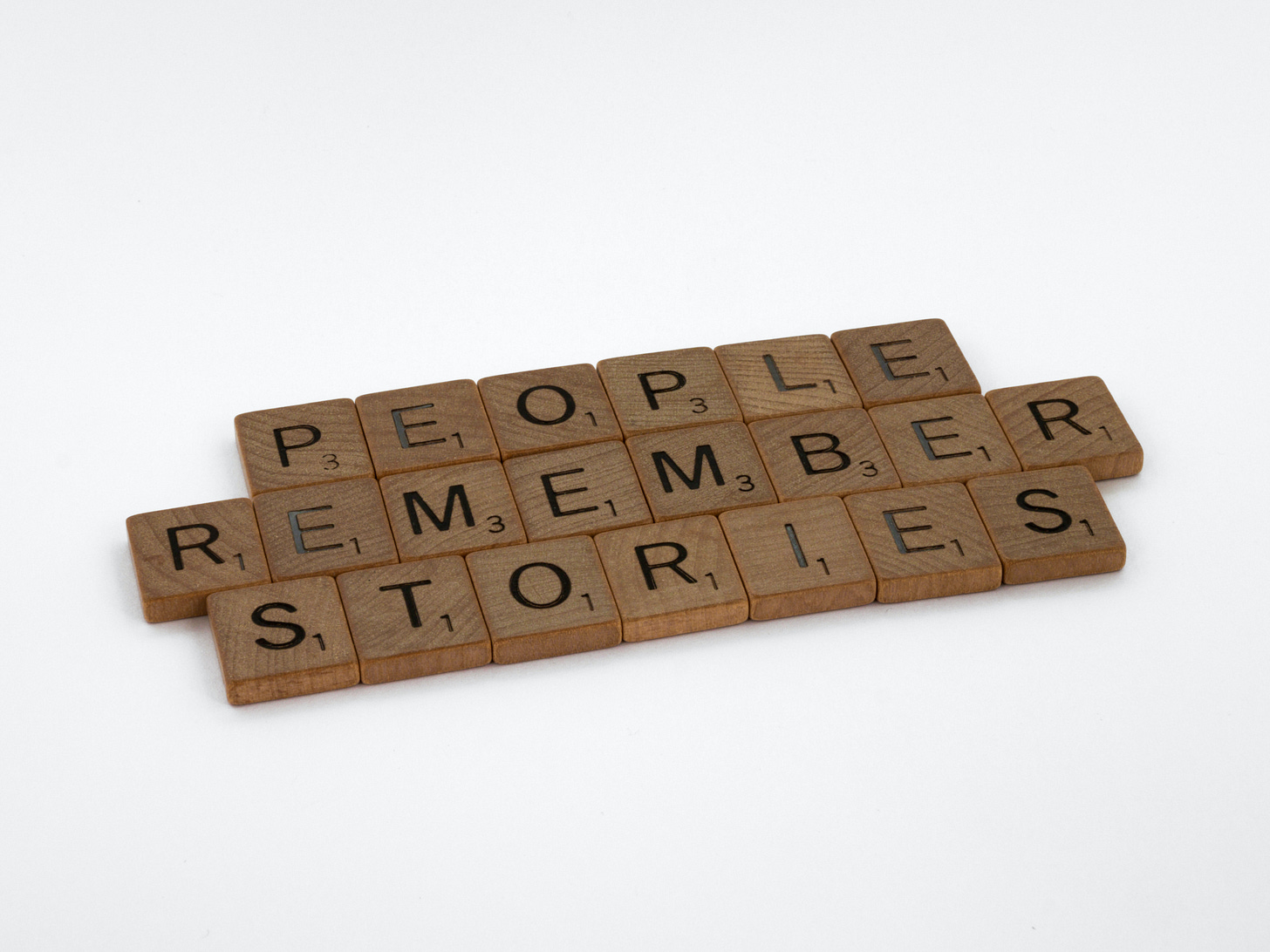Mnemosyne

There was once a kid named Forest who hated me.
He and I went to elementary school together, then middle school. It felt like that for as long as I knew Forest, he cou…

There was once a kid named Forest who hated me.
He and I went to elementary school together, then middle school. It felt like that for as long as I knew Forest, he cou…